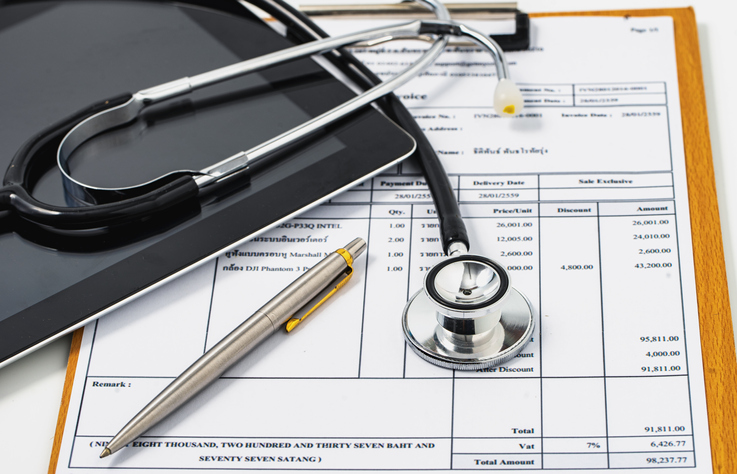
Source: Grace Cary / Getty
Tax filing mistakes are so common that the IRS has been known to issue reminders to U.S. tax filers to double-check things like withholdings and the accuracy of estimated payments. Getting something wrong on your taxes can lead to a major delay in your refund or, worse, an audit. In fact, the IRS reports that audits have been on the rise for high earners. If you’ve ever been audited, then you know the hell-on-earth of going through credit card statements, chasing down invoices, and gathering the documents you wish you’d held onto during the tax year. And you know that sticky feeling you can have on your skin as if you’ve done something wrong.
Then again, there are the lucky ones who, after an audit, find that rather than owing the IRS money, the government owes them money. If you and your accountant misreport deductibles, that can go either way. You might get a slap on the wrist for taking a write-off that wasn’t yours, or you might be surprised with a pretty check because the government finds you failed to write something off that you had every right to.
It’s important to consult your tax professional on any of the tips below, but it’s also worth knowing some common deduction mistakes Americans make on their taxes.

Source: andreswd / Getty
Failing to have a dedicated workspace
Should you ever be audited, and you work from home, you’ll breathe easier if you have a dedicated workspace in your home. If you work from home, it’s possible that you move around from the balcony to the kitchen table to the couch, but in order to properly take the home office deduction, you need a dedicated workspace. You can see some of the qualifications for this here, but some major features include that the space must be used exclusively for business, must not contain personal furnishings, and must be partitioned off from the rest of the home in an identifiable manner. The standard deduction ($5 per square foot for up to 300 square feet of space) makes sense for most small businesses, however, if your business makes up a majority of your home, you might use a more complicated method that measures your business expenses against your home ones.

Source: Prapass Pulsub / Getty
Leaving off medical bills
If you had quite a few medical incidents this year, you might want to report those to your accountant. In most cases, any medical bills that amount to more than 7.5 percent of your gross adjusted income are claimable. Perhaps on a regular year when you just go to some checkups and have a mole or two removed, you don’t get near that figure. But if you had a major surgery this year, along with follow-up visits, physical therapy, and more, even after insurance, your out-of-pocket may have been substantial. Talk to your accountant if you think it may be worth it to claim these bills.

